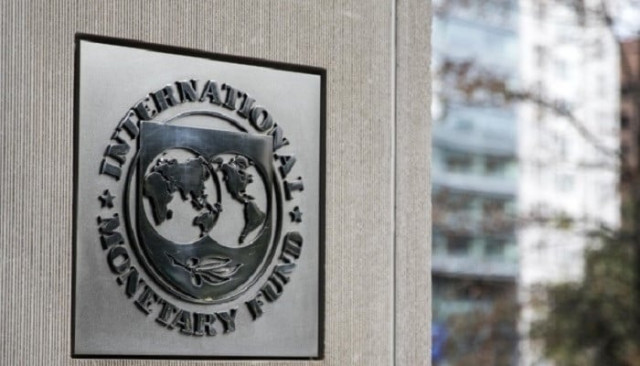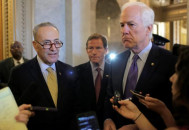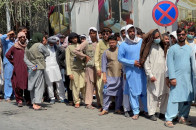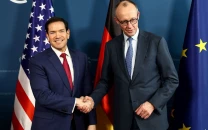IMF agrees $4.5 billion Bangladesh support programme
Bangladesh became third South Asian nation to secure a 'staff-level agreement' with IMF after Pakistan and Sri Lanka

The International Monetary Fund (IMF) provisionally agreed a $4.5-billion support programme on Wednesday for Bangladesh, with the country's finance minister saying the deal would help prevent economic instability escalating into a crisis.
Bangladesh's $416-billion economy has been one of the world's fastest growing for years. But rising energy and food prices, sparked by Russia's invasion of Ukraine, along with shrinking foreign exchange reserves, have swelled its import bill and current account deficit.
On Wednesday it became the third South Asian nation to secure a "staff-level agreement" with the IMF for loans this year, after Pakistan and Sri Lanka.
"The heat of the global economy has affected our economy to some extent," Finance Minister A.H.M. Mustafa Kamal told reporters after the IMF announcement. "We requested the IMF loan as a precautionary measure to ensure that this instability does not escalate into a crisis."
Read more: Is Bangladesh the next Sri Lanka?
The Fund said a "staff-level agreement" had been reached for a 42-month arrangement, including about $3.2 billion from its Extended Credit Facility (ECF) and Extended Fund Facility (EFF), plus about $1.3 billion from its new Resilience and Sustainability Facility (RSF).
"The objectives of Bangladesh's new Fund-supported program are to preserve macroeconomic stability and support strong, inclusive, and green growth, while protecting the vulnerable," the lender said in a statement.
A staff-level agreement is typically subject to approval by IMF management and consideration by its Executive Board, which is expected in the coming weeks.
Bangladesh's economic mainstay is the export-oriented garment industry, which is bracing for a slowdown as big customers like Walmart are saddled with excess stocks as inflation forces people to prioritise their spending.
The country' foreign exchange reserves had dwindled to $35.74 billion by Nov. 2 from $46.49 billion a year ago, central bank data showed.
The IMF said Bangladesh has put together a programme to foster growth that includes measures to contain inflation and strengthen the financial sector.
Finance Minister Kamal said the IMF team agreed with the government's economic reforms. Earlier, in August, Bangladesh hiked fuel prices by around 50% in a move to trim its subsidy burden, but government officials denied at the time that this was a prerequisite for the IMF loan.
Funds will be disbursed in seven tranches, Kamal said, adding that the first instalment will be available in February 2023.



















COMMENTS
Comments are moderated and generally will be posted if they are on-topic and not abusive.
For more information, please see our Comments FAQ